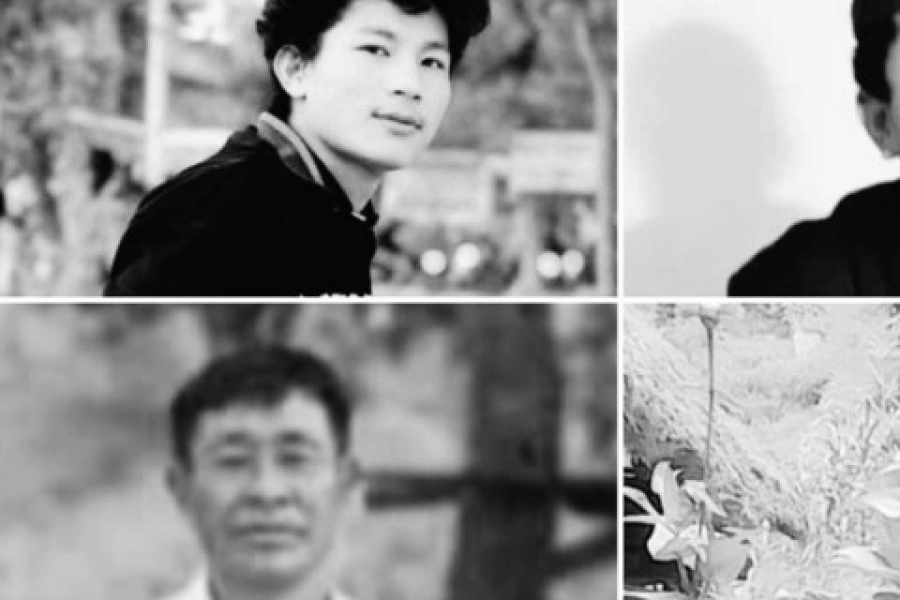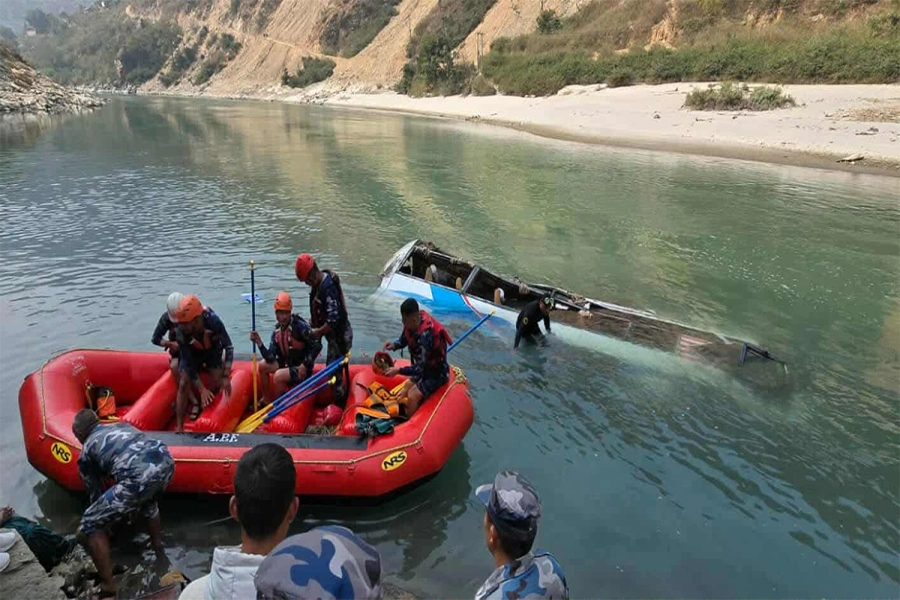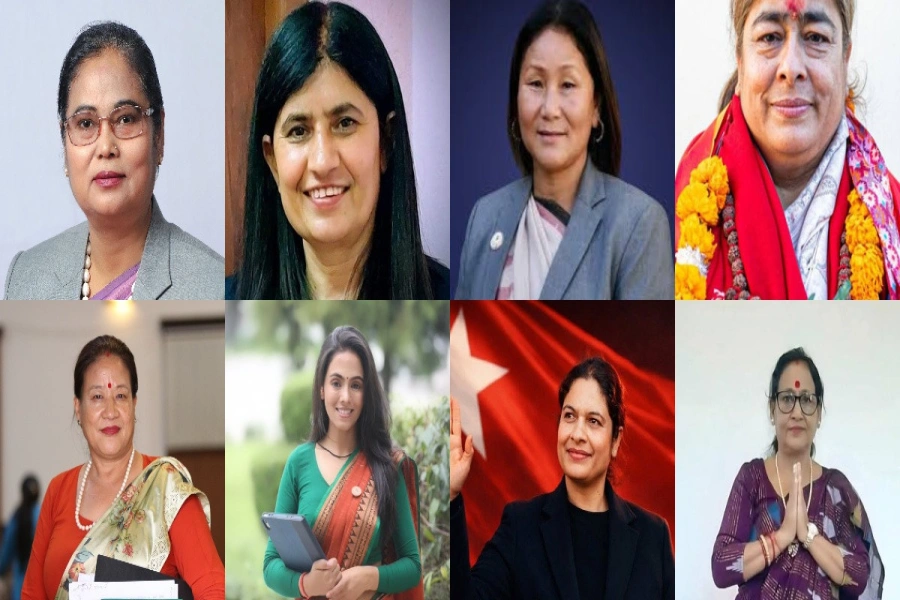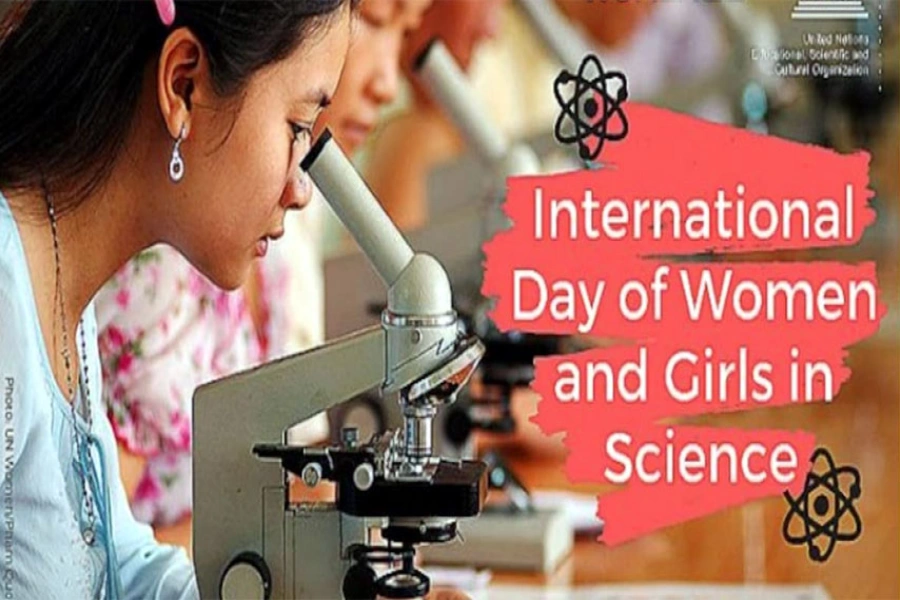Nepal’s courts issued two important verdicts on Tuesday. Dhanusha District Court slapped a life term on former minister of state for physical planning and transport Sanjaya Sah ‘Takla’ for masterminding the murder of media entrepreneur Arun Singhaniya. He has already been serving life imprisonment for his involvement in Janakpur bombing that killed five persons in May, 2012, against which Dhanusha Court had given him life sentence in April, 2013. Takla was elected a member of second Constituent Assembly from then Madhesi Janaadhikar Forum Nepal from Janakpur in the 2008 CA election and was appointed minister in the Madhav Kumar Nepal government. In 2013, he joined Rajendra Mahato-led Sadbhawana Party, contested the second CA polls and emerged victorious, again. Also on Tuesday, the Supreme Court convicted former CPN-UML lawmaker DB Karki for taking bribe a decade ago slapping on him a six-month imprisonment. Karki was found taking the bribe amounting to Rs 405,000 from a youth by promising the latter a police inspector job. While court verdicts in these two cases have sent the positive message that nobody, whatever their political affiliation, will be spared by law, they speak volumes about our political culture in which political parties tend to protect their cadres even if they have criminal records. The verdicts are also the reminder of the fact that Nepali politics needs thorough cleansing if people’s trust in politics and political parties is to be revived.
A troubling nexus between crime and politics

As things stand, political parties do not hesitate to provide protection to notorious gangsters and even proven criminals. It should be noted that both convicts—Takla and Karki—were active members of political parties. This culture of providing political protection to the cadres with criminal and corrupt backgrounds is rampant across all parties. Top leaders are seen defending such people when cases are filed against them or when police take action against them. Nepal Communist Party tried to field notorious gangster Deepak Manange from Manang in Provincial election in 2017. Even today there are rumors of NCP inducting Manange as its member. This tendency only reinforces the public perception that in Nepal politicization of crime and criminalization of politics is the norm rather than an exception. Nepali political parties must strongly guard themselves against falling into this criminal trap if they are to prove that they are committed to upholding the rule of law.
But this is precisely what political parties often look reluctant to do. So when electoral law was being deliberated on the eve of 2017 elections, a group of lawmakers stood strongly against prohibiting the crime-accused from contesting the elections. Their argument was that a person should not be barred from contesting the polls unless he or she is convicted by the court. Such thinking encourages the people with criminal backgrounds to engage in political activities freely and fearlessly, regardless of the number of crimes they have committed or the number of criminal cases filed against them at the police or the courts. One of the biggest ills of modern day politics has been its criminalization. All political parties should stand together against this and be committed, both in words and actions, to keep politics free of crime. That not only enhances politicians’ public legitimacy but also help them earn greater public trust.




































